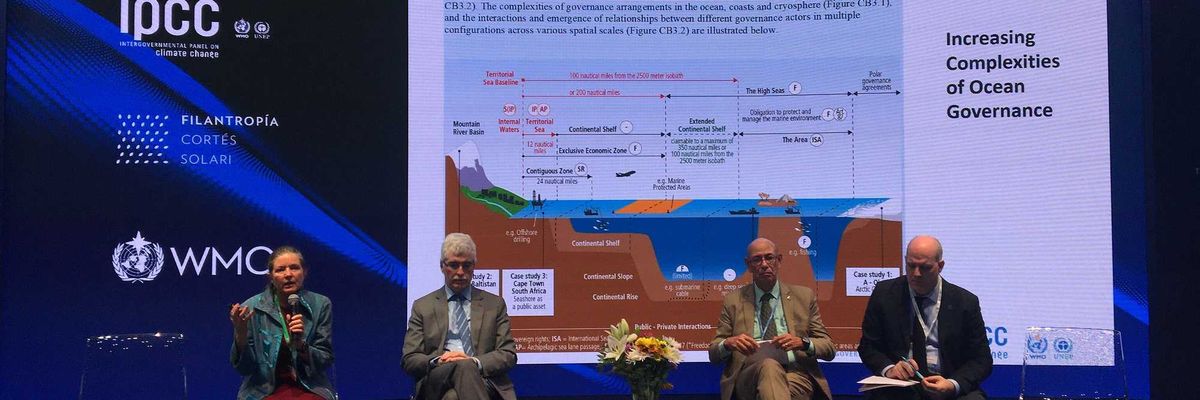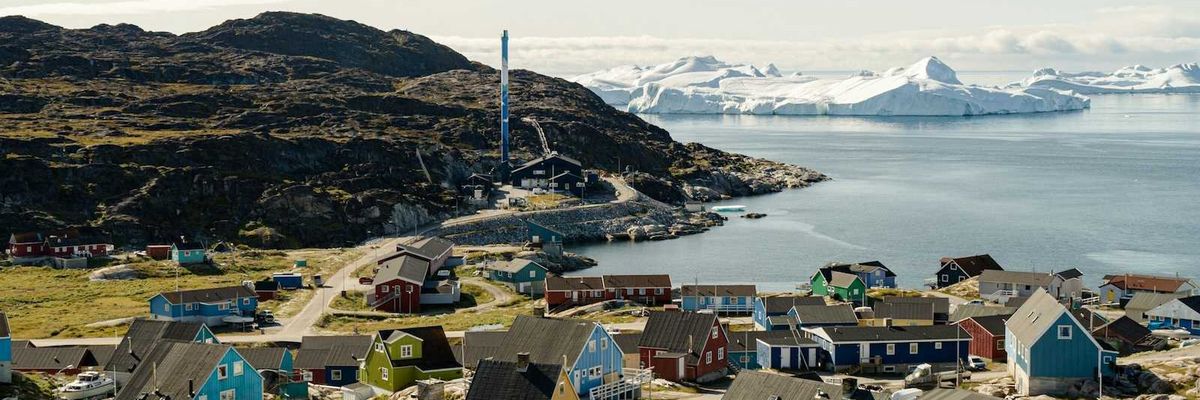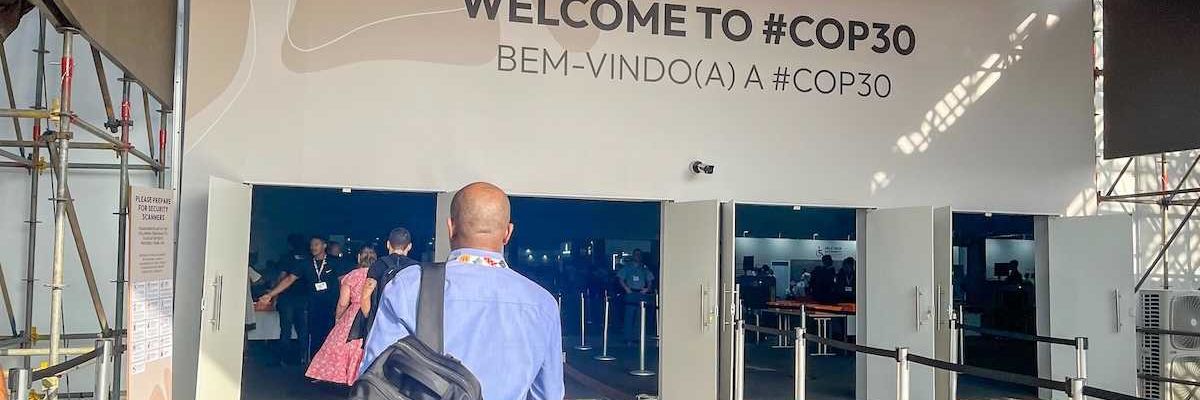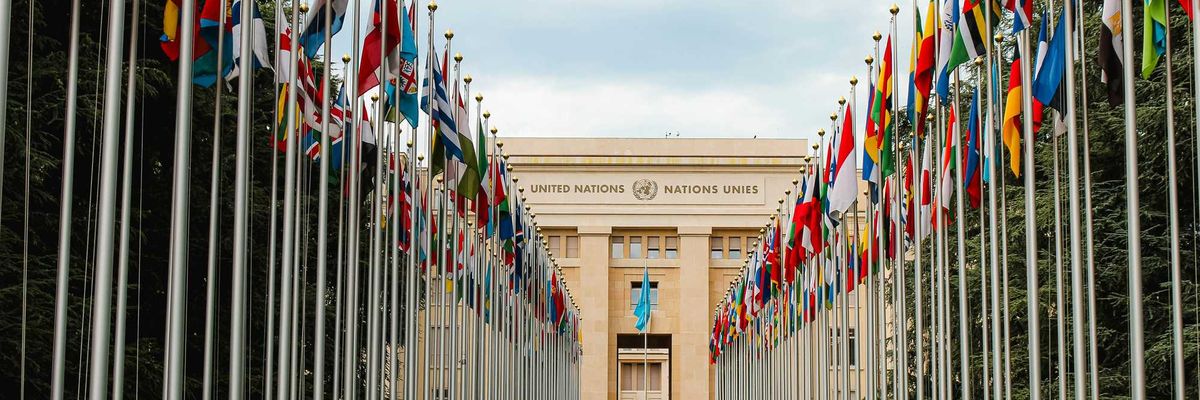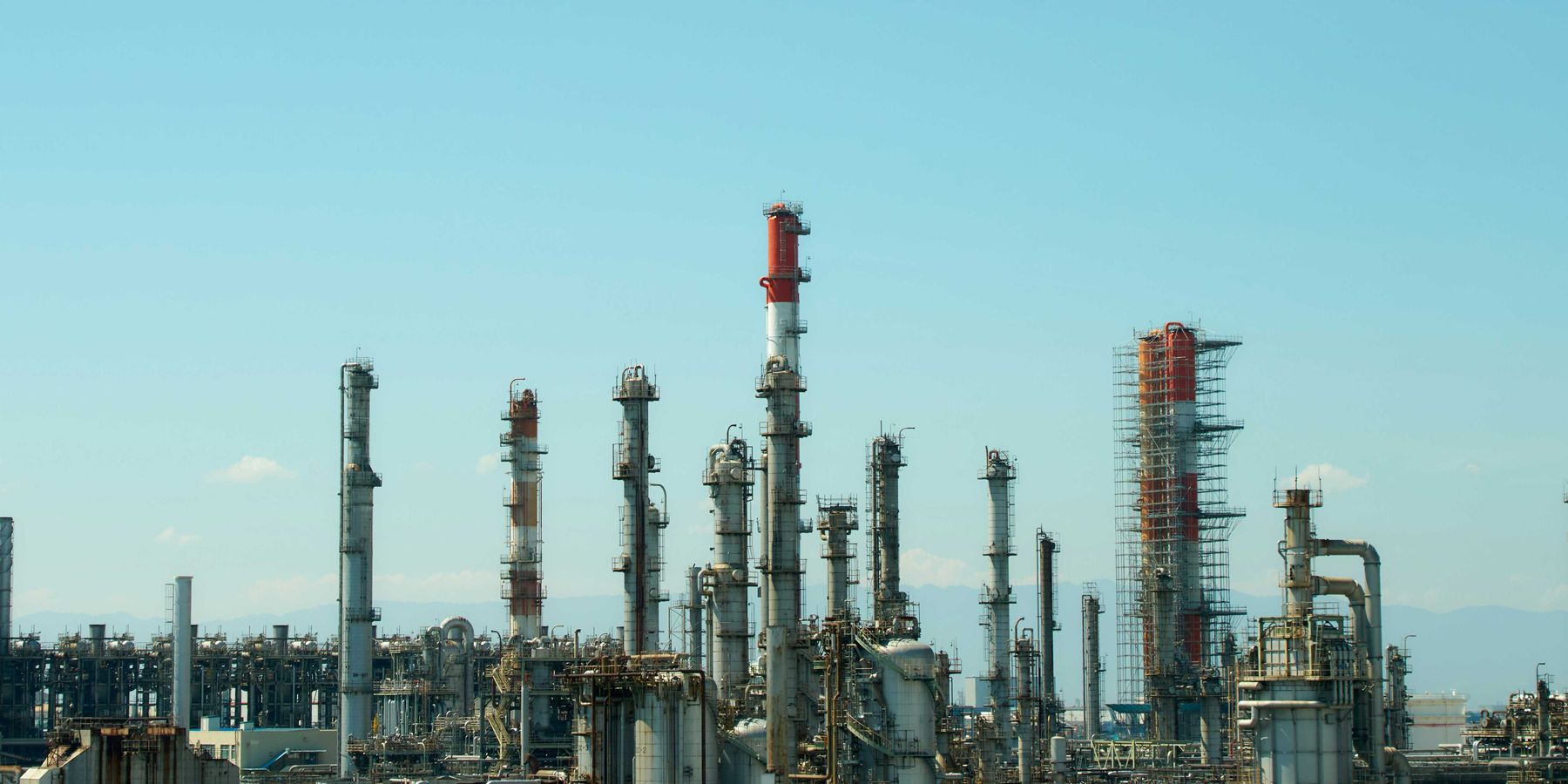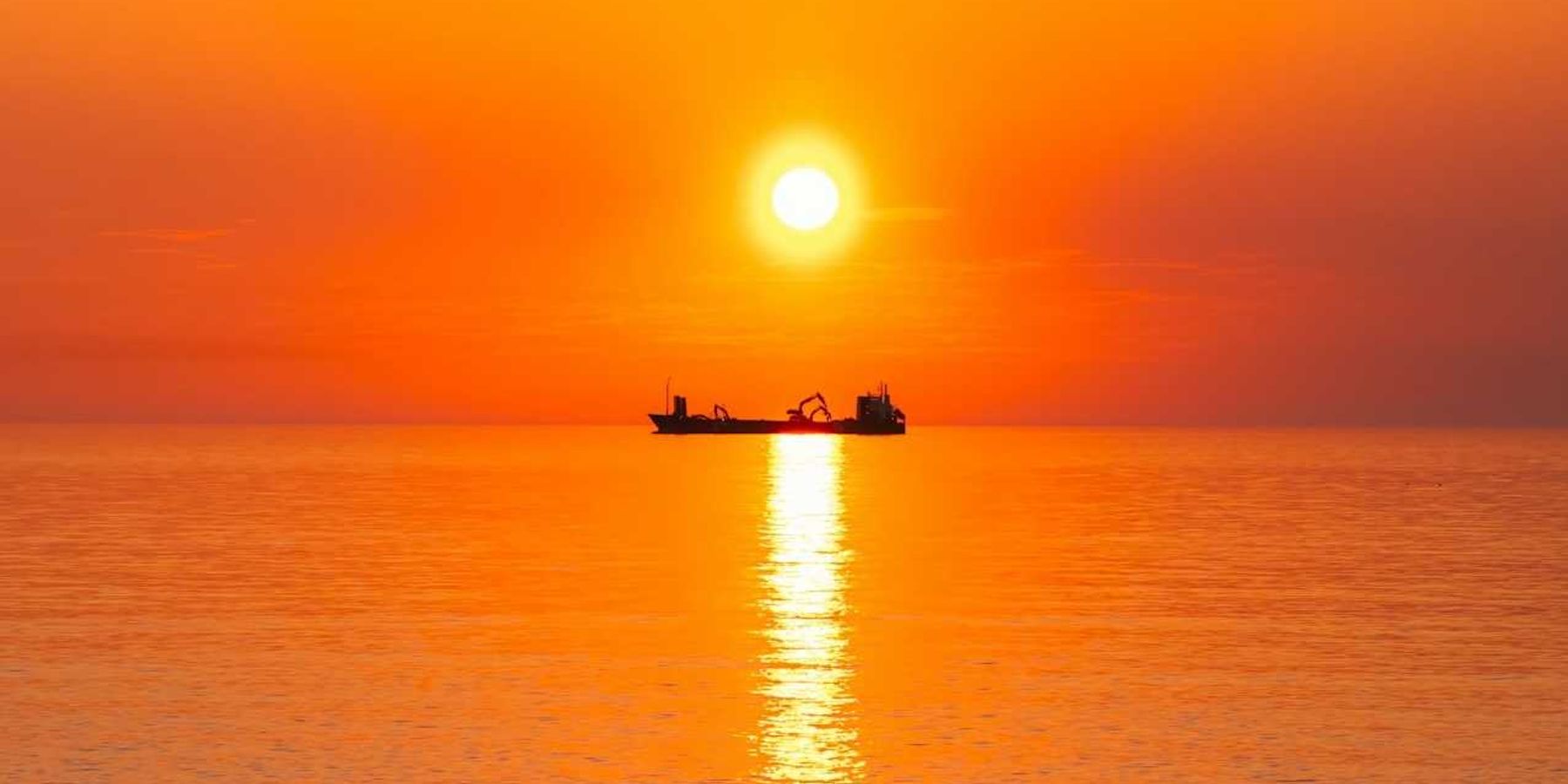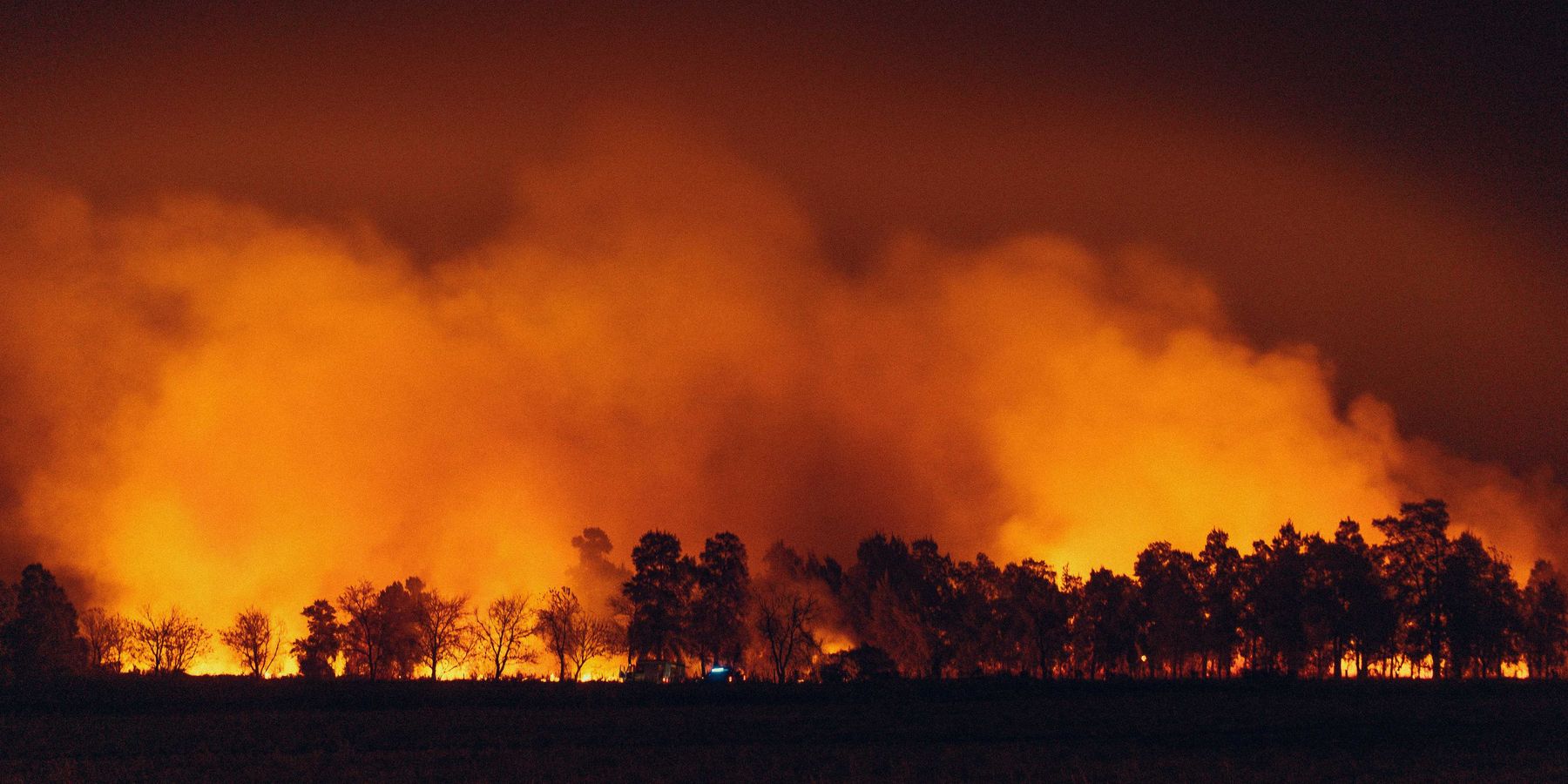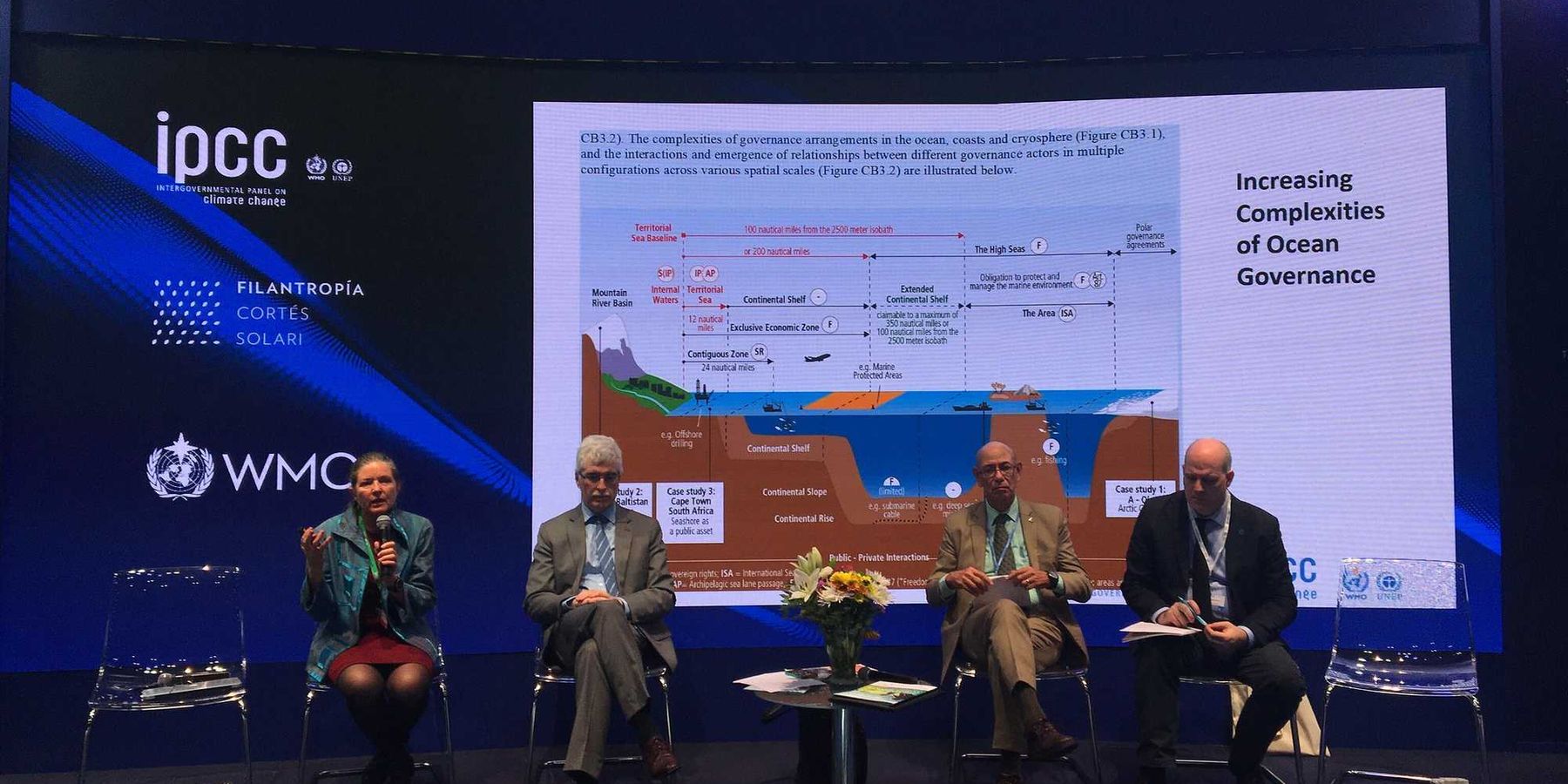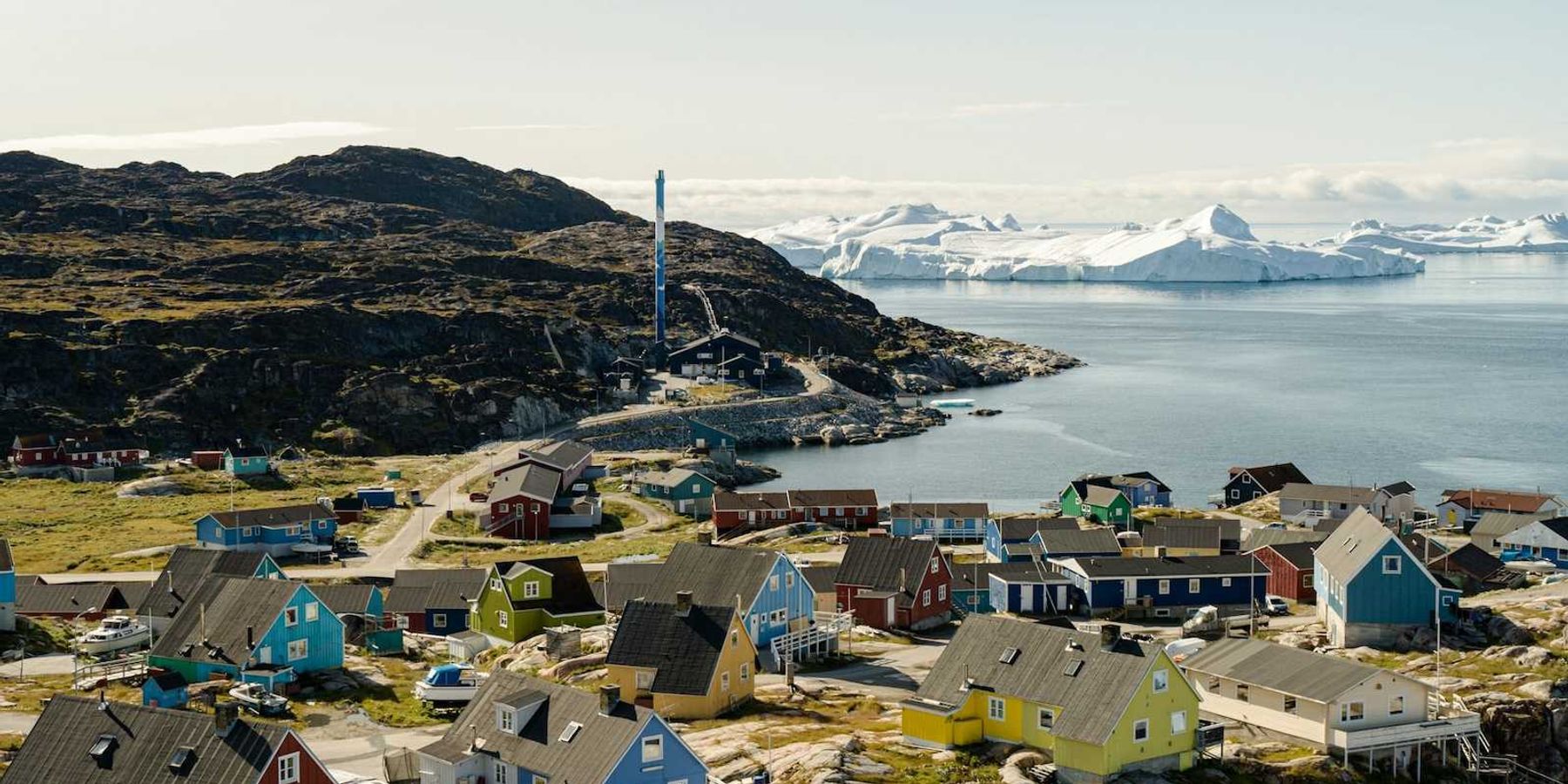fish
NATO faces mounting challenges due to climate change
A NATO report reveals that climate change is increasingly complicating global security and NATO's operational capabilities.
In short:
- Climate change is intensifying extreme weather, which disrupts NATO operations and strains resources.
- The Arctic's melting ice and depleting fish stocks are expected to increase regional competition and security challenges.
- Cyber risks are growing, with climate disinformation campaigns threatening global climate action.
Key quote:
“Climate change exacerbates resource scarcity, leading to conflicts over water and food. It can also impact large-scale migrations, which can destabilize regions and strain national security, leading to humanitarian crises and increased pressure on receiving countries’ resources and infrastructure.”
— Jason Bordoff, director of the Center on Global Energy Policy at Columbia University
Why this matters:
Climate change is not only an environmental issue but also a significant threat to global security. As extreme weather events become more frequent, NATO must adapt its strategies to ensure readiness and support for civilian authorities in disaster responses.
A quarter of freshwater fish are at risk of extinction, a new assessment finds
The winners and losers of a changing Potomac River
The unsung heroes fighting against climate change? Fish in the 'twilight zone'
All the fish we cannot see
In warming Great Lakes, climate triage means some cold waters won’t be saved
Being vegetarian might be partly in your genes
Eating plant-based is good for the environment. But it might be easier for some people than others.

